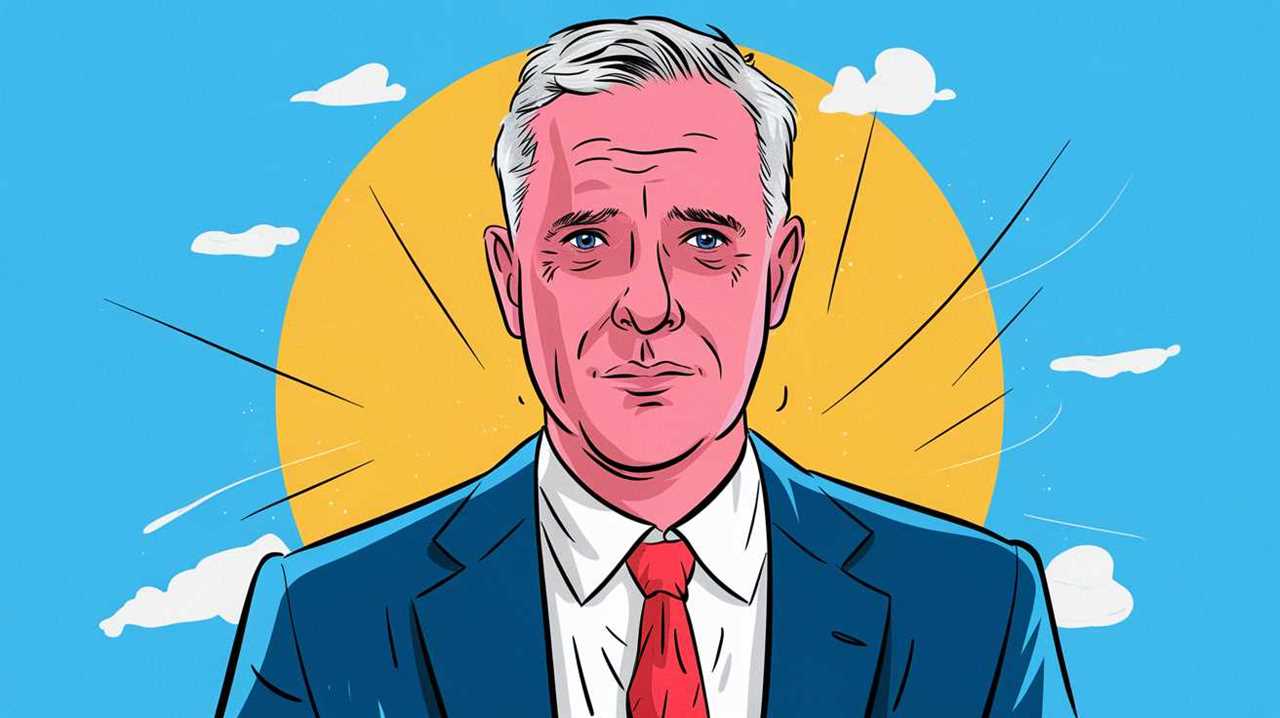
Listen to this Article
Health Secretary's Personal Reflections
Wes Streeting, the Health Secretary, finds himself grappling with a deeply personal and complex issue as proposals to legalise assisted dying loom on the political horizon. With a vote set for next month, Streeting has openly shared his concerns, revealing the emotional weight of his decision-making process.
Reflecting on the painful experience of watching his grandmother suffer from lung cancer, Streeting expressed, “There were moments thinking back to that time through my 10-year-old eyes even then I would have wished for the pain to end sooner.” This poignant memory underscores his belief that the current state of palliative care in the UK is inadequate, leaving many without genuine options at the end of their lives.
The Fear of Coercion
Streeting’s worries extend beyond personal reflection; he raises critical questions about the implications of legalising assisted dying. He fears that granting a right to die could inadvertently pressure vulnerable individuals, particularly the elderly, into feeling that they have a duty to end their lives. “I worry about coercion,” he stated, highlighting the ethical dilemmas that the proposed law could present.
His concerns are compounded by the experiences reported from Canada, where assisted dying laws have been implemented. Streeting cautioned against what he perceives as a troubling trend, stating, “The Canadian experience is not a happy experience as far as I am concerned.” He is currently weighing these considerations as he prepares to cast his vote.
Political Landscape: NHS Funding and Reforms
In a related but separate discourse, Streeting addressed the pressing issue of NHS funding amidst a backdrop of financial scrutiny. He firmly indicated that the era of “blank cheques” for the NHS is over, stating that any additional funding will be contingent upon meaningful reforms.
“We have settled with the Chancellor. The challenge we have got is enormous,” he remarked, detailing a multi-billion pound injection into the health service. However, he emphasised that this funding will come with conditions aimed at improving operational efficiency and financial discipline.
Taxation and Healthcare: A New Approach
As the government prepares for a Budget that may introduce higher taxes, Streeting’s remarks raise questions about the trade-offs that may be necessary to secure a healthier future for the NHS. He stated, “Unless we take the tough decisions now we are going to be paying a heavier price for the failure in the longer term.”
His forthcoming ten-year plan for the NHS promises significant reforms, including the introduction of wearable technology to monitor patients' health and the rollout of a digital patient passport for easy access to medical records. These initiatives aim to modernise the healthcare system and improve patient outcomes.
Future of Healthcare: New Facilities and Innovations
Streeting also announced plans for new one-stop neighbourhood health centres that will consolidate various health services under one roof, making it easier for patients to receive comprehensive care. He emphasised the necessity of ensuring that hospitals receiving additional funding are required to demonstrate their commitment to reducing waiting lists by providing services during evenings and weekends.
Moreover, the long-anticipated construction of 40 new hospitals, initially announced by former Prime Minister Boris Johnson, will continue despite delays. Streeting expressed frustration over these setbacks, acknowledging the urgent need for improved healthcare infrastructure in his constituency.
Looking Ahead: A Complex Future
The upcoming vote on assisted dying is set against a backdrop of significant healthcare reform and fiscal responsibility. As Wes Streeting navigates these challenging waters, he must balance personal convictions with the broader implications of policy changes. The debate surrounding assisted dying is not just a legal matter; it encompasses deep ethical considerations that could reshape the landscape of healthcare and personal choice in the UK.






